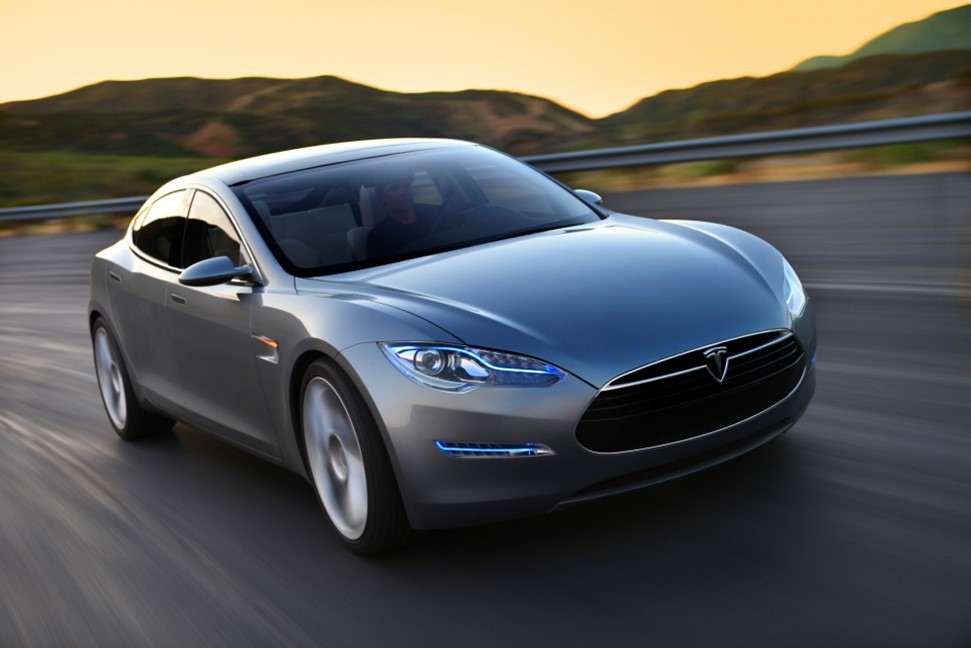Dark Social
February 23, 2013 in Daily Bulletin

Alexis Madrigal wrote last year that we have the history of the web wrong:
- Most people think that first there was internet. Then a decade or so later there was the rise of social sites such as Facebook or Twitter and we could suddenly share links we found.
- Yet this isn’t really accurate. People have always, and continue to share links through email and instant messages. This is just as social as what we traditionally consider to be social media.
- The reason why this type of social sharing doesn’t get much attention is because it’s impossible to track. Site owners know when an individual visits their website from Facebook. They don’t know when an individual finds a link to them through their email. Madrigal calls this force “Dark Social”.
- Even in the present Dark Social continues to dominate “social” media. 69% of referrals to websites come from dark social versus about 20% from Facebook and 6% from Twitter.
Read Madrigal’s methodology, how this applies to The Atlantic, why Facebook isn’t really a trade of privacy for social and more over here.
Source: The Atlantic
Via: Quartz
















Join the Discussion! (No Signup Required)